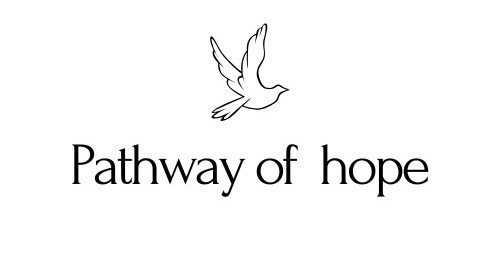Autism Spectrum Disorder (ASD) is a developmental disorder that affects cognitive, sensory, and social functioning. With the right support and inclusion strategies, children with ASD can develop skills to thrive in both academic and personal settings.
Common Symptoms
- Difficulty with social communication, including understanding nonverbal cues and forming relationships.
- Repetitive behaviors and restricted interests, often accompanied by sensory sensitivities.
- Challenges with speech and language development, which may affect classroom participation.
Supportive Tools
- Early intervention with speech therapy and sensory integration therapy to improve communication and self-regulation.
- Structured routines and visual schedules to reduce anxiety and promote engagement.
- Use of sensory-friendly learning tools, such as noise-canceling headphones or weighted blankets, to create a comfortable environment.
Strategies for Teachers
- Provide step-by-step instructions and allow extra processing time for tasks.
- Encourage social interaction through group activities and play-based learning.
- Regular assessment and collaboration between parents, teachers, and therapists to create individualized support plans.
- Focus on the child’s strengths and abilities, nurturing their unique talents and fostering a sense of empowerment.
Strategies for Parents
- Provide step-by-step instructions and allow extra processing time for tasks.
- Encourage social interaction through group activities and play-based learning.
- Regular assessment and collaboration between parents, teachers, and therapists to create individualized support plans.
- Focus on the child’s strengths and abilities, nurturing their unique talents and fostering a sense of empowerment.
